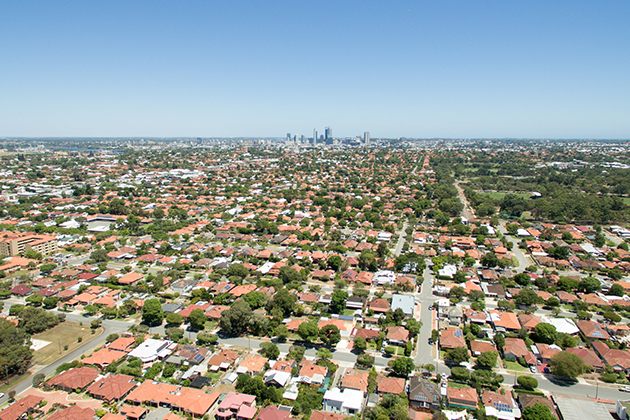By: Brett Beaver – Director of Quay Associates Pty Ltd – Chartered Accountants
The value of land transactions is significant, so it is crucial to understand the possible tax implications before purchasing a property for investment or development.
We encourage you to seek advice from a trusted tax advisor before undertaking any transaction.
To assist you in asking the right questions, here are some reminders of tax related things to consider for those involved in property investment and/or development.
Ownership structure
Consider the best ownership structure for holding your property before you undertake the transaction, or you could face additional duty tax.
When choosing your best structure, consider asset protection, ensuring investment or trading losses are not ‘trapped’ and what the tax implications are for the future sale of your investment or developed land.
Superannuation
If you are seeking to invest in property through your Self Managed Superannuation Fund (SMSF), be very mindful of your obligations under the Superannuation Industry (Supervision) Act 1993 (commonly referred to as the SIS Act).
Ensure the investment meets the ‘sole purpose test’ and if your SMSF must borrow to acquire the property, be aware of the strict borrowing obligations, including restrictions on substantial renovations. Seek advice from your Financial Advisor to ensure the investment is right for you.
Understand your intentions
If you are looking to develop and sell a property, even if it’s the subdivision and sale of your own back yard, understand whether your actions amount to a ‘mere realisation’ of your capital asset, or whether your actions amount to a business or enterprise – as in undertaken with the intention to profit.
The intent of your actions will have Income Tax, Capital Gains Tax and Goods and Services Tax implications. Even if you are simply undertaking a one-off project, speak to your advisor to ensure you understand your tax obligations.

GST Withholding obligations
Developers are now subject to GST Withholding obligations when selling new residential properties or potential residential land.
It is the obligation of the Developer to ensure the correct amount of GST is withheld by buyers on settlement to remit the GST to the Australian Taxation Office. If the Margin Scheme applies, GST must be withheld at a rate of 7% of the contract price, otherwise 1/11th of the contract price must be withheld.
This means that long term project cash flow planning should be front of mind given the change to the timing of remission of GST on sales.
Changes to tax returns
After new measures in the 2018 Federal Budget, investors need to consider the following things when preparing your 2018 income tax returns:
a. No depreciation deductions for second-hand plant and equipment in rental properties used for residential accommodation or plant and equipment (installed on or after 1 July 2017) if you used it for private purposes.
b. No deduction can be claimed for cost of travel to inspect your rental property.
Obtaining a tax clearance certificate
Tax clearance certificates are required for properties sold for more than $750,000 (from 1 July 2017).
To avoid withholding tax being applied at a rate of 12.5% and/or settlement delays, speak to your tax advisor early – they can arrange a tax clearance certificate with the ATO on your behalf.
Further reforms may be on the way. For example, it is possible a Federal Labor Government may change to the General 50% Capital Gains Tax Discount on sale of investment properties held for longer than 12 months and/or changes to negative gearing.
So ensure you continue to speak to your tax advisors to keep abreast of any new developments.
Last updated February 2019
Are you looking into property development?
We can help. Get started on your next property development project sooner with RAC Property Finance.
